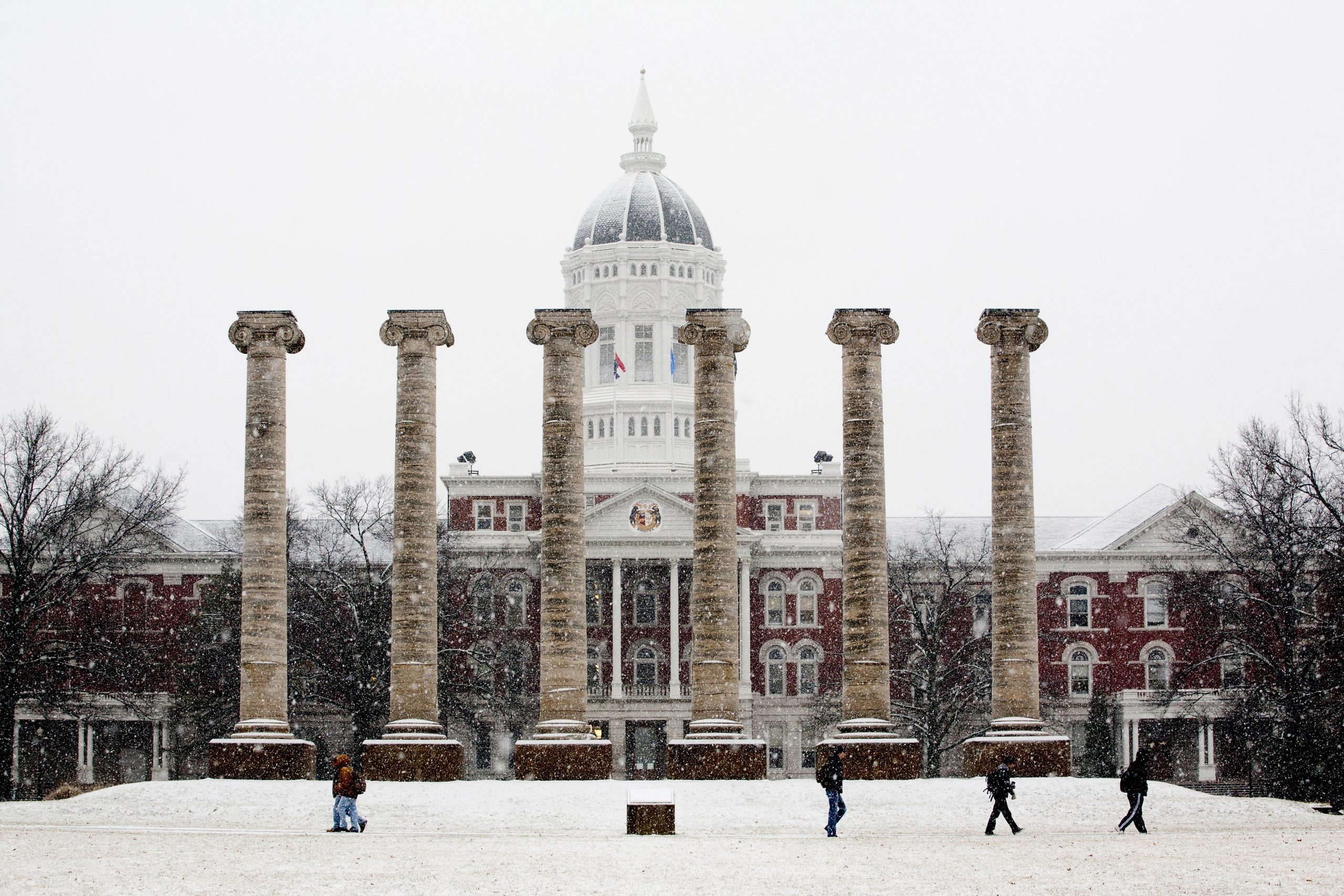
The Midwest Industrial Assessment Center at the University of Missouri sponsored by the U.S. Department of Energy, is committed to advancing energy efficiency, waste reduction, and productivity enhancement in the manufacturing sector. The center also conducts energy assessments for small to midsize commercial buildings.
The Midwest Industrial Assessment Center covers the geographical area of Missouri, Kansas, and adjoining states that are within approximately 150 mile radius from Columbia, Missouri.
Our joint efforts are guided by the following objectives:
- Enhancing Efficiency and Sustainability: We collaborate with small to midsize manufacturers and waste water treatment plants across the central Midwest to optimize energy usage, reduce waste, and promote sustainable practices in manufacturing operations. Through tailored assessments and recommendations, we aim to bolster the resilience and environmental responsibility of industrial facilities and commercial buildings.
- Empowering Future Engineers: At the Midwest Industrial Assessment Center, we are dedicated to training the next generation of energy engineers. Our programs provide invaluable hands-on experience and equip students with the skills and knowledge needed to tackle real-world challenges in the field of industrial engineering.
- Engagement and Outreach: We actively engage with industrial stakeholders and commercial building owners to facilitate knowledge exchange and foster collaboration. By sharing best practices and innovative solutions, we aim to drive continuous improvement and promote the adoption of sustainable technologies.
Industrial Energy Assessments
Our combined team of faculty and student engineers conducts comprehensive assessments at manufacturing facilities, leveraging data-driven insights to identify opportunities for improvement. With a total of 328 matching assessments conducted, we have provided invaluable guidance to industrial partners, resulting in significant achievements:
- 2,232 Recommendations: Our assessments have yielded over 2,200 recommendations for energy efficiency, waste reduction, and productivity improvement, with an average of 6.8 recommendations per assessment.
Implemented Recommendations: Of these recommendations, 1,208 have been successfully implemented, leading to tangible impacts on energy usage and cost savings for our clients. - The range of assessments include clients from the following industries: food, various automotive parts, foundries, batteries, metal food containers, winemaking, baked goods, pharmaceuticals, polymer processing, bottling plants, glass and carbon fiber, and wastewater treatment plants, among others.
Key statistics from our assessments include:
- Average Recommended Savings: Each assessment has shown an average potential savings of $131,539, with notable reductions in energy usage across various categories, including electrical and natural gas consumption.
- Implemented Impacts: Implemented recommendations have resulted in significant cost savings and usage reductions, with an average savings of $53,812 per assessment.
Our client portfolio encompasses a diverse range of industries, including food production, automotive manufacturing, pharmaceuticals, and wastewater treatment, among others. By delivering tailored solutions and ongoing support, we are committed to driving sustainable growth and resilience within the manufacturing sector.
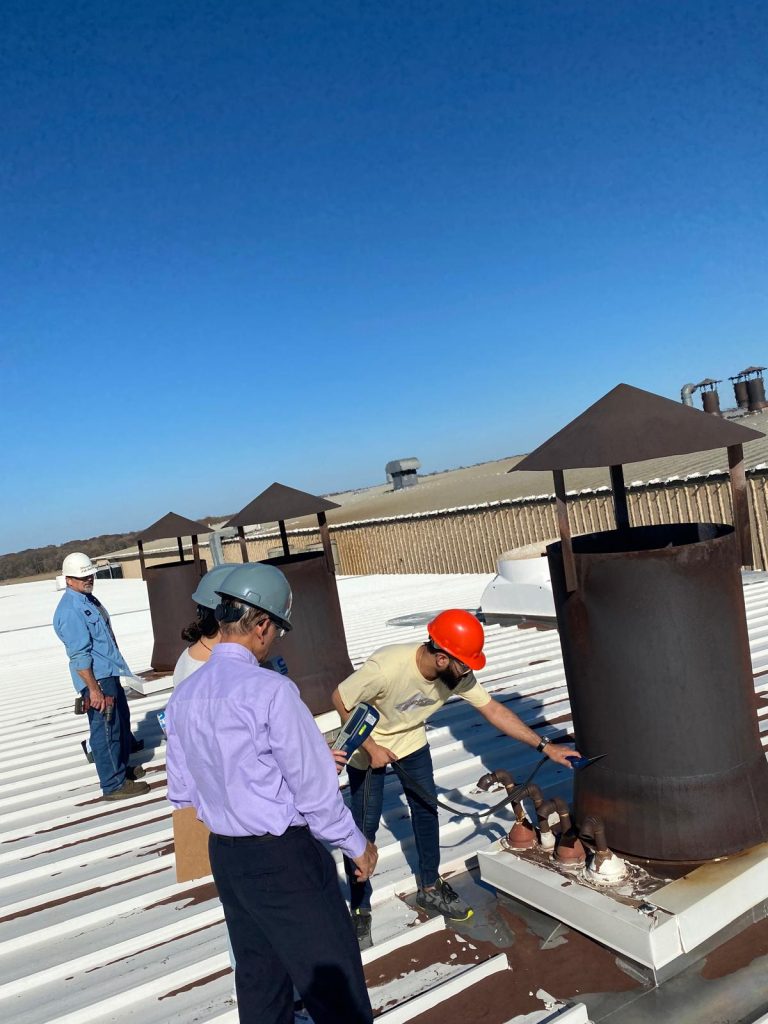
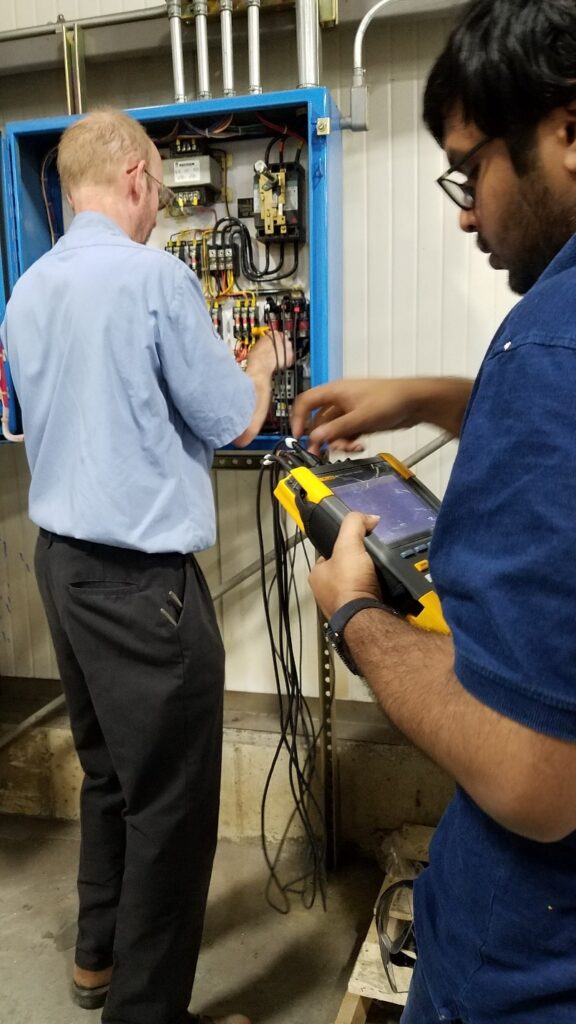
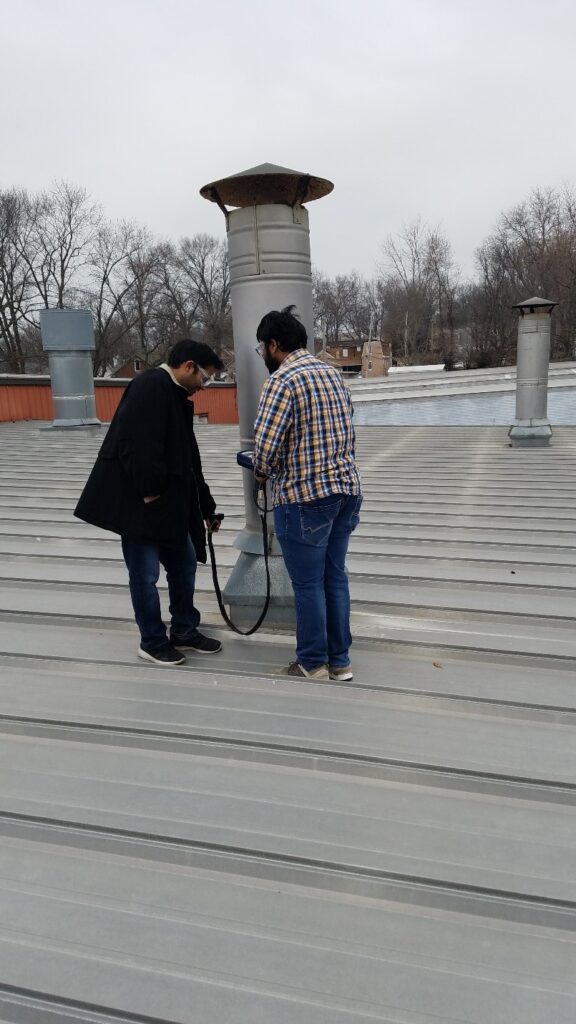
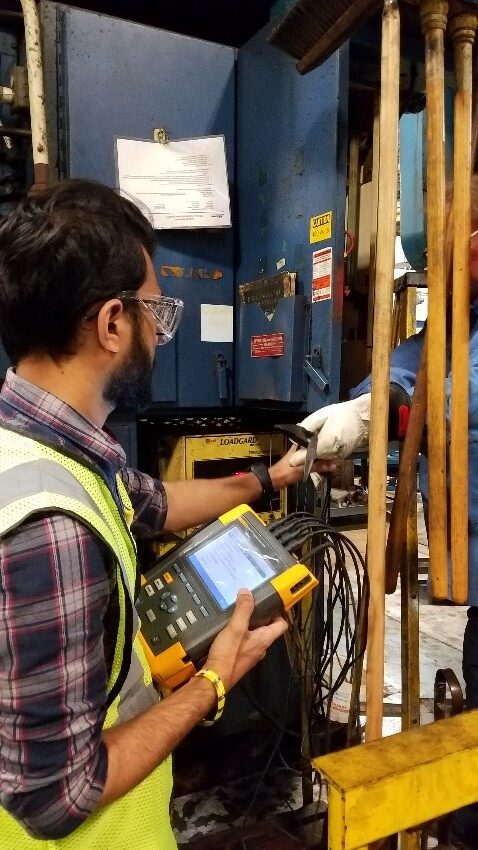
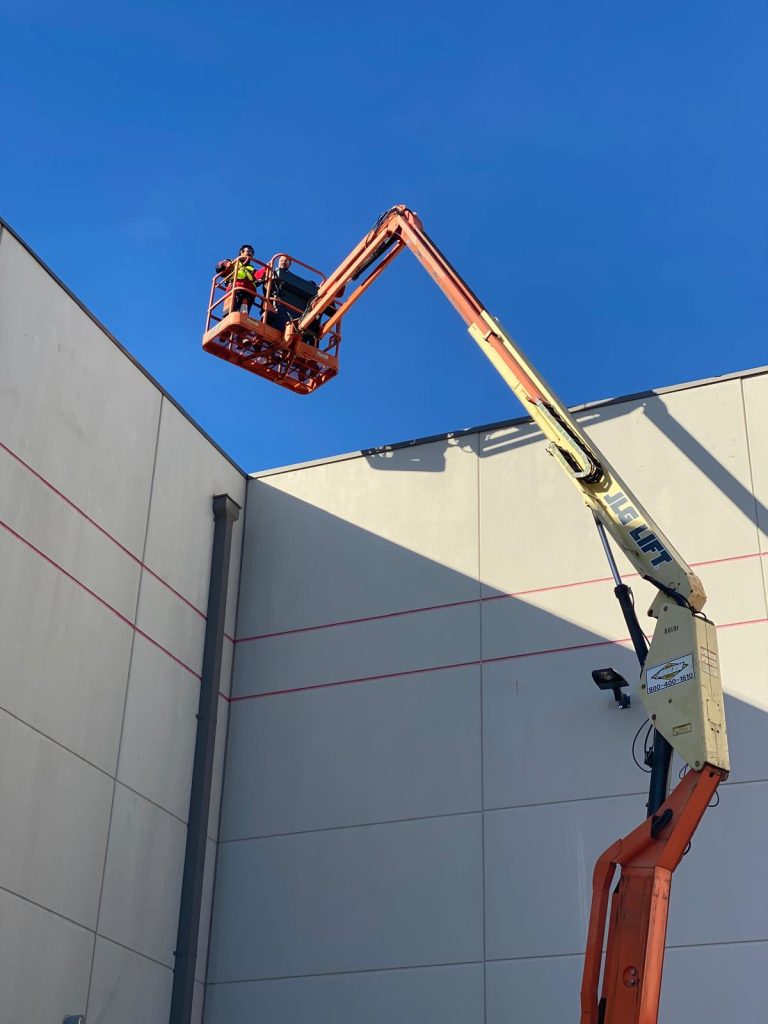
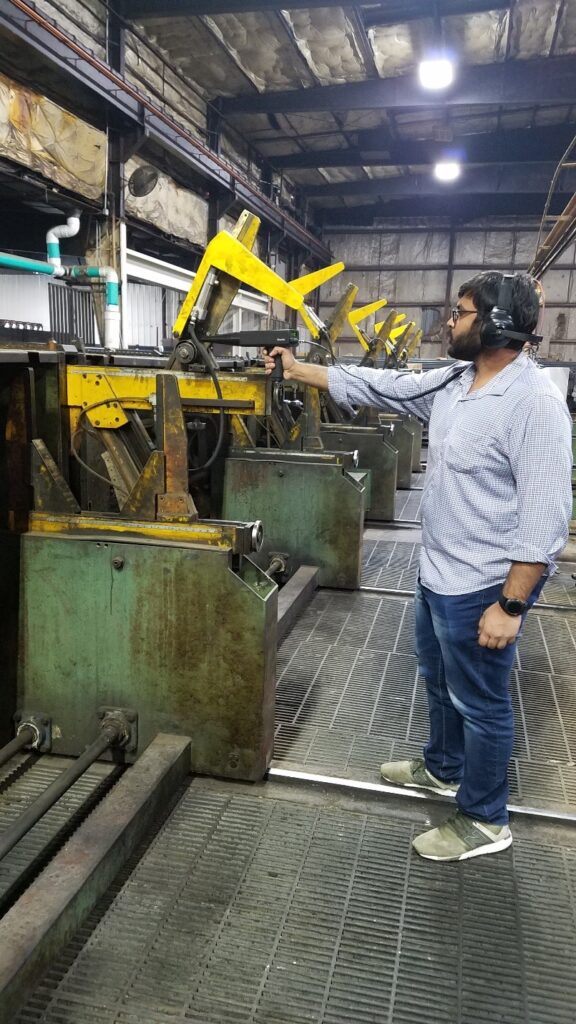
Commercial Building Energy Assessments
Businesses and governments own, operate, and use 93 billion square feet of U.S. commercial real estate, and account for 18 percent (or 18 quadrillion BTUs) of U.S. primary energy use and $190 billion in energy expenditures every year. Thus, there is significant potential to unlock energy savings in these buildings and economic benefits.
The Midwest IAC, which is funded by the US Department of Energy (DOE), provides no-cost energy audit services to commercial buildings. The audit is similar to ASHRAE Level 2 audit and identifies energy saving and cost saving opportunities during the energy assessment visit on all aspects including space heating and cooling, ventilation, water heating, lighting, cooking, refrigeration, and plug and process loads associated with building equipment and systems. These processes consume most of the energy used by U.S. commercials. Fine-tuning of these systems may cost little but offers your commercial building the potential to yield significant energy and cost savings. The energy and cost savings could potentially range from 10% to 30%.